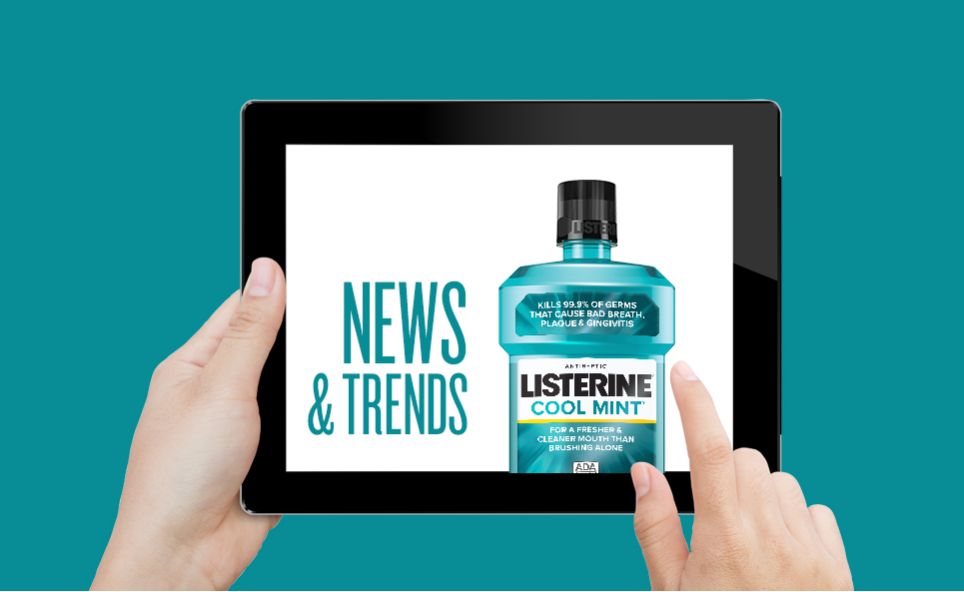What is oil pulling?
The practice of oil pulling
Oil pulling—swishing oil in the mouth—has made headlines in the news and social media for its perceived benefits on oral and overall health. Supporters of oil pulling claim that it not only boasts health benefits but also aids in whitening teeth as well. Oil pulling originated as an ancient folk remedy from India and southern Asia, as a holistic method of maintaining oral health.1 The practice consists of placing a tablespoon of edible oil (like sesame, olive, sunflower, coconut) inside the mouth and swishing the oil around. The amount of time can vary, depending on personal preference, with some proponents believing one minute is enough, and others continuing the process for up to 20 minutes or longer.2
How effective is oil pulling?
Existing studies done on the potential health benefits of oil pulling are unreliable for many reasons, and no scientific studies currently exist that prove whether or not oil pulling reduces dental caries, whitens teeth, or improves oral or general overall health.2
Is oil pulling recommended? The simple answer is no.
Oil pulling as a supplementary oral hygiene practice or replacement for a standard oral hygiene regimen, is not recommended by the American Dental Association (ADA); however, the ADA does strongly recommend the practice of twice-daily brushing with a fluoride toothpaste, as well as flossing once a day.
By adding an antiseptic mouthrinse formulated with essential oils, your patients can achieve a “whole mouth clean” through a brush, floss, and rinse routine. Brushing and flossing reach only 25% of the surface area of the mouth. Adding a mouthrinse cleans the other 75%, contributing to a clean, healthy mouth.
Recommend a LISTERINE® Antiseptic mouthrinse to enhance your patient’s oral health. The Canadian Dental Association (CDA) has recognized the oral health benefits of all LISTERINE® Antiseptic mouthrinses by awarding their CDA Seal. The Canadian Dental Association (CDA) validates that adding LISTERINE® Antiseptic to a regular oral hygiene routine reduces and prevents gingivitis more than brushing and flossing alone. All LISTERINE® SMART RINSE® For KIDS mouthrinses also carry the CDA Seal for prevention of tooth decay.
Addressing misconceptions and encouraging informed decisions
It's crucial for patients to understand the distinction between anecdotal remedies and scientifically backed practices. While oil pulling might be seen as a supplementary measure, it should not replace traditional oral hygiene practices recommended by dental professionals.
We believe in empowering patients with accurate information to make informed decisions about their oral health. As such, we encourage you to discuss the benefits of using clinically approved mouthrinses during your patient visits. LISTERINE® offers a wide array of patient chairside tools that you can download and leverage during visits.
References:
1. Singh A, Purohit B. Tooth brushing, oil pulling and tissue regeneration: a review of holistic approaches to oral health. J Ayurveda Integr Med. 2011;2(2):64-68. https://www.ncbi.nlm.nih.gov/pmc/articles/PMC3131773/. Accessed July 22, 2015.
2. American Dental Association. The practice of oil pulling. Accessed July 31, 2015.
© Kenvue Canada Inc.
